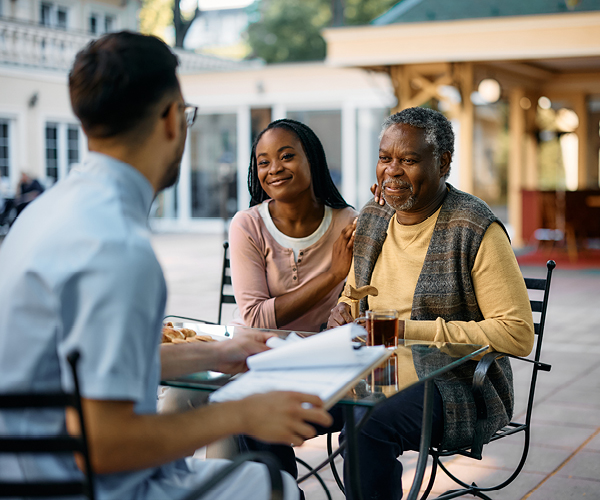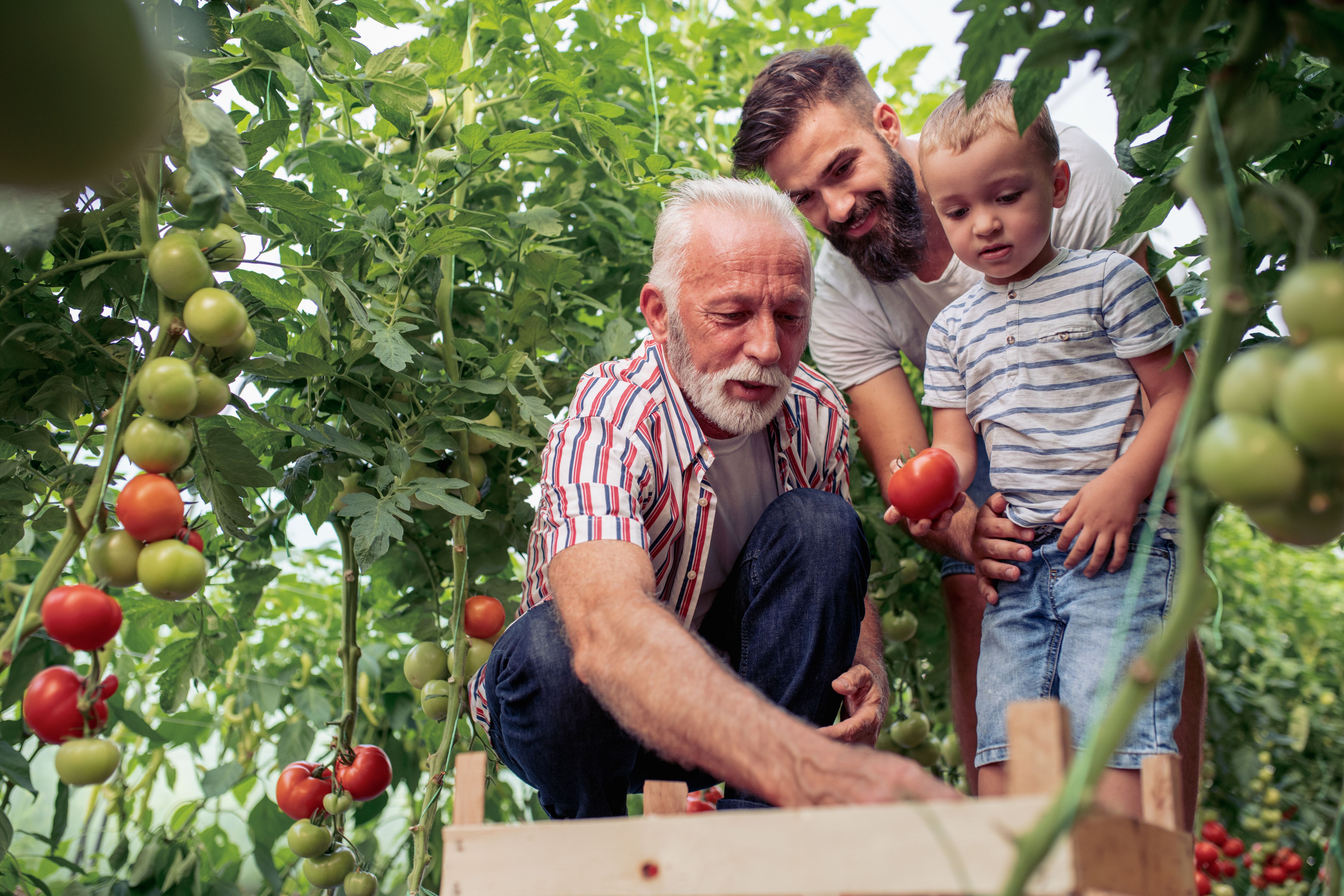Caregiving doesn’t have to be a solo job. When you assemble a caregiving dream team it’s like a superhero team-up on behalf of your loved one. To build your team it’s important to consider both your strengths and your loved one’s needs. There are a lot of roles to fill, and you may be surprised by the talent already surrounding you. Here are several different ways your family and friends can be a part of the caregiving team.
Assembling a Caregiving Team
Written by Cassi Haggard, Staff Writer

Organizer
Do you know someone who lives by the most organized to-do list you’ve ever seen? Who’s never forgotten to pack something on vacation because they always have a plan for everything? This is a great person to have on your caregiving team. When you’re coordinating between different family members, schedules, and doctor appointments, an organizer can help everything flow more smoothly.
The organizer can create a shared calendar to help keep track of doctor appointments and other important dates. There are several calendar options, including
Handyman
As your loved one ages, you may need to make changes to their house. Sometimes a simple day of decluttering does the trick. But the work may include small construction projects, like adding grab bars in the bathroom or building a wheelchair ramp.1 A friend or family member who has a background in the trades or is an avid DIYer is a great person to help with home projects.
Check to make sure your loved one’s house is safe. Use
Driver
If your loved one is no longer comfortable driving, whether because of eyesight, health problems or anxiety, a caregiver can provide or organize transportation. When your loved one needs to attend appointments, go to the store, or even visit with friends, driving them or coordinating a ride is an important job. Transportation is not an unimportant task. It helps them stay connected to their family, friends, and essential services, boosting their mood and improving their quality of life.
Pet Care Pro
Taking care of your loved one’s pets is also a caregiving task. Animals, whether they have fins or fur, require a certain level of care. Helping with pets may involve walking the dog, cleaning an aquarium, changing the litterbox, taking the pet to the vet, or setting up doggy daycare.
If your loved one’s condition worsens, it’s important to have a plan in case the pets need to be rehomed. Planning ahead allows the new owner to get supplies and prepare a new space for the pet. Discussing this ahead of time can smooth the transition and decrease the likelihood of there being nobody to take the pet.
Cooking Up Healthy Food
Ask yourself: who makes the best dish each Thanksgiving? There’s probably someone who immediately comes to mind. Make use of those culinary skills by including them on the caregiving team. They may need to adjust recipes for dietary concerns, like diabetes or high cholesterol, but a true cook is always up for a challenge!
If your loved one is still able to cook, they may need help with meal planning or grocery shopping. A meal delivery service may help your loved one eat healthy and delicious meals. Many services cater to different diets, whether your loved one is vegetarian or low carb, there are options available.
Additional Help Beyond Friends and Family
Your caregiving team can extend beyond your friends and family. When needed, include expert help. Whether that’s legal advice or aid from local charities, be sure to investigate all the options available. Your number one goal is providing the best care possible for your loved one but that doesn’t mean you have to do it all yourself.
Legal Help
Unless you’re a lawyer, legal paperwork is one place where you’ll want to rely on experts. Talk to your loved one about their power of attorney and any changes they might want to make to previously-created documents. Even though legal conversations may be uncomfortable, doing them early in the caregiving journey ensures your loved one’s wishes will be respected whether they’re able to voice them or not.
Find an eldercare or estate planning attorney to navigate any legal questions. They’re also knowledgeable about a variety of benefits available to seniors, so lean on their expertise as a resource. Whereas you might be a new caregiver, they’ve done this before.2
Medical Team
Your loved one’s doctors and medical professionals are an extension of the caregiving team. Request permission to talk to your loved one’s specialists and primary care providers. If you are able, attend appointments and ask questions. Share anything you’ve noticed, including small changes, that might indicate a larger problem.
Even if you’re not able to attend, you can use
Respite Care
Another resource you should consider is respite care, which is short-term care specifically for when caregivers need additional time to rest, travel or take care of other responsibilities.1 Asking for help doesn’t mean you’re failing as a caregiver, it means you recognize the limitations of your time and want the best care possible for your loved one.
Respite care can help you provide the care needed while also allowing you to take care of your own tasks or take a break if you’re feeling burnt out.
Charitable Organizations
There are numerous charitable organizations devoted to helping caregivers. From informational articles to support groups, there are many people devoted to helping both caregivers and seniors in need. Here are some websites that may help:
National Alliance for Caregiving Family Caregiver Alliance National Council on Aging The Caregiver Foundation National Institute on Aging
There may also be local resources, like nonprofits and religious organizations, that may be able to help. The Family Caregiver Alliance has a
Every caregiving team looks different. As you assemble your team, look at both your loved one’s needs as well as your talents and the gifts of those around you. Together you can make a huge difference in the life of your loved one and by working as a team, you’ll help alleviate the caregiving burden. Sharing the job means your loved one gets the best available help, and dividing the workload can help


